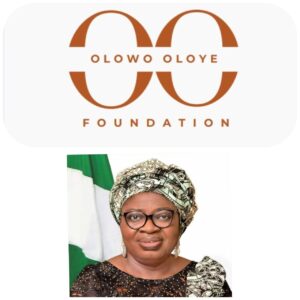WTO Director General; Nigeria’s Agricultural Exports Facing Rejections Overseas

The World Trade Organisation (WTO), -General, Ngozi Okonjo-Iweala discloses that Nigeria is declining in the agriculture export markets due to its failure to meet the sanitary and phytosanitary (SPS) requirements of foreign markets during the launch of seven trade support programmes aimed at enhancing Nigeria’s trade and industry standards.
Okonjo-Iweala highlighted the challenges faced by Nigeria’s agricultural sector, despite its abundant arable lands and increased investments. She emphasized that the nation has transitioned into a net importer of farm produce previously cultivated domestically, attributing this to non-compliance with international SPS requirements.
Specifically, Okonjo-Iweala pointed out that Nigerian cowpea and sesame exports are increasingly facing rejections in several destination markets due to non-compliance with international SPS standards. She cited instances where pesticide residue levels in Nigeria’s sesame exports exceeded permissible limits, leading to rejection by importing countries.
To address these challenges, the WTO is collaborating with relevant stakeholders to enhance the capacity of stakeholders across the sesame and cowpeas value chains. The initiatives aim to improve agricultural practices, including pesticide application, hygiene techniques, and food safety standards.
The Director-General stressed the importance of building Nigeria’s capacity to meet international standards, emphasizing the potential for the agriculture sector to drive export diversification and job creation. She highlighted the role of the trade support programmes in facilitating international safety and quality certification for sesame and cowpeas, ultimately improving the country’s non-oil exports.
In response, the Minister of Industry, Trade, and Investment, Doris Aniete, reiterated the government’s commitment to facilitating trade and investment in Nigeria. She highlighted ongoing efforts to remove bottlenecks hampering trade and investment, including the rollout of the Presidential Conditional Grant Scheme and intervention funds for MSMEs and the manufacturing sector.
Nonye Ayeni, the Executive Director of the Nigerian Export Promotion Council, explained that the trade support programmes aim to enhance the quality and standards of sesame and cowpea exports through the institution of good sanitary and phytosanitary practices. She emphasized the projected growth of sesame and cowpea exports and the importance of improving regulatory and control systems to ensure compliance with international standards.






